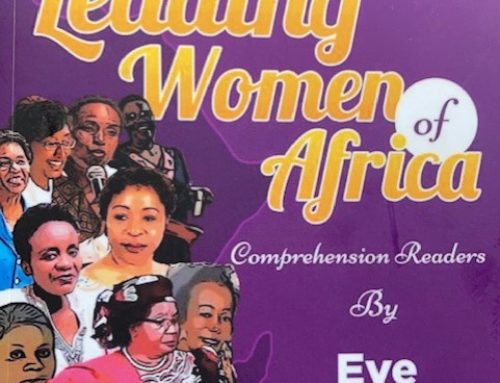‘White Fragility’ by Robin DiAngelo has been one of the most helpful books i have read on the subject of race and racism. It has helped put some language on some concepts i was aware of and it has shared some useful analogies that break down complex issues into much simpler ideas. i highly recommend you get a copy and give it a read if you are trying to navigate these race waters and conversations and become a better version of yourself.
Here are a few more passages that jumped out at me just to give you a glimpse and a teaser and hopefully encourage you to get your own copy and dive in:
‘Racism is a systemic, societal, institutional, omnipresent, and epistemologically embedded phenomenon that pervades every vestige of our reality. For most whites, however, racism is like murder: the concept exists, but someone has to commit it in order for it to happen. This limited view of such a multi-layered syndrome cultivates the sinister nature of racism and, in fact, perpetuates racist phenomena rather than eradicated them.’
[African American scholar and filmmaker Omowale Akintunde]
‘In my workshops I often ask people of color, “How often have you given white people feedback on our unaware yet inevitable racism? How often has that gone well for you?” Eye-rolling, head-shaking, and outright laughter follow, along with the consensus of rarely, if ever. I then ask, “What would it be like if you could simply give us feedback, have us graciously receive it, reflect, and work to change that behavior?” Recently a man of color sighed and said, “It would be revolutionary.”
I ask my fellow whites to consider the profundity of that response. It would be revolutionary if we could receive, reflect, and work to change the behavior. On the one hand, the man’s response points to how difficult and fragile we are. But on the other hand, it indicates how simple it can be to take responsibility for our racism. However, we aren’t likely to get there if we keep operating from the dominant worldview that only intentionally mean people can participate in racism.’
[Robin DiAngelo, ‘White Fragility’]
Functions of White Fragility
# Maintain white solidarity
# Close off self-reflection
# Trivialize the reality of racism
# Silence the discussion
# Make white people the victims
# Hijack the conversation
# Protect a limited worldview
# Take race off the table
# Protect white privilege
# Focus on the messenger, not the message
# Rally more resources to white people
[from White Fragility by Robin DiAngelo]






[…] [For a few more excerpts from ‘White Fragility’, click here] […]